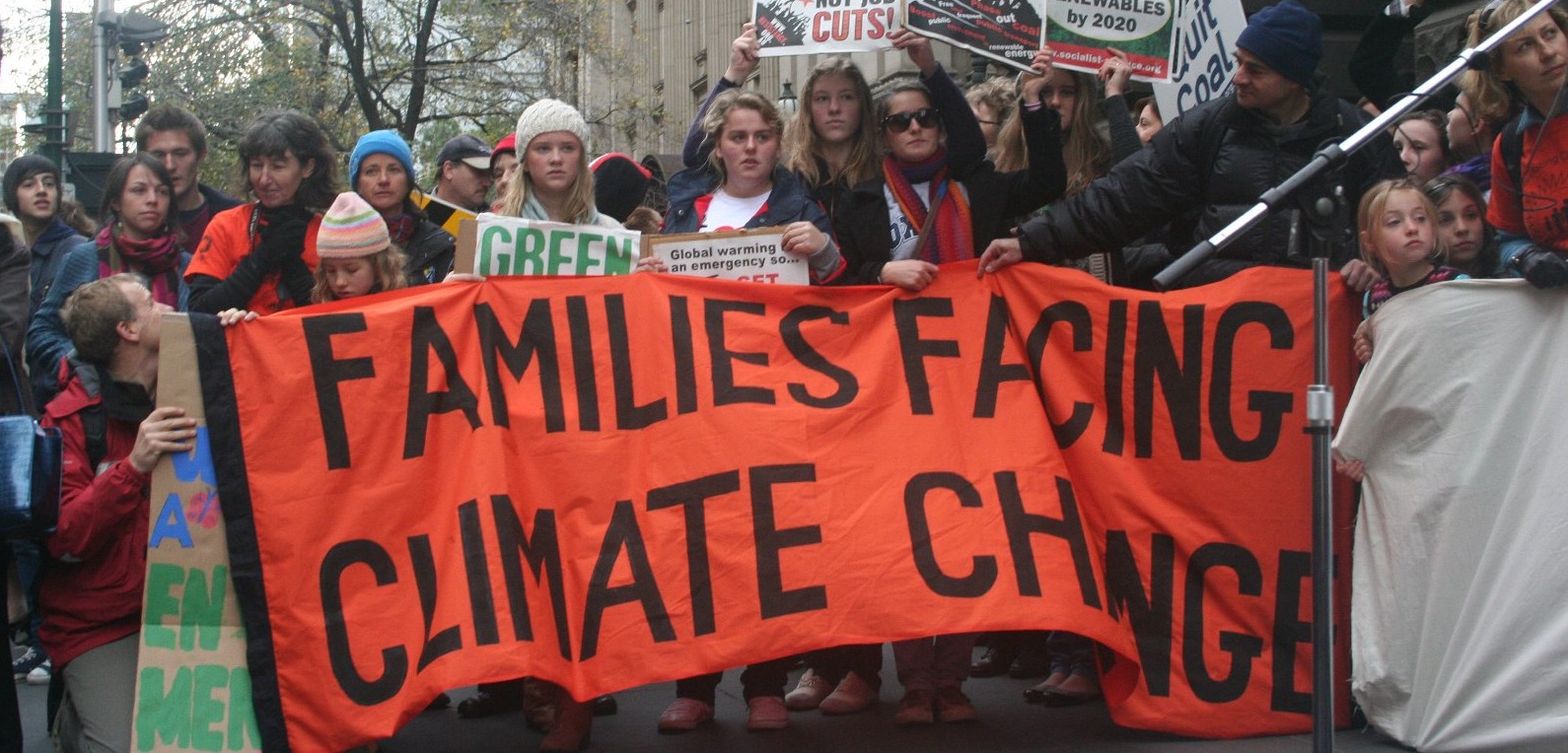Quantifying the social and economic impacts of climate change can be a challenging and technical process, but measuring these effects is critical to designing global and national climate policies.
This challenge was taken up by a Social Science Matrix seminar during Summer 2015, as researchers and students from diverse disciplines met to determine how modern data science techniques can be best applied to quantify the effects of climate change on various dimensions of modern society, from global agricultural productivity to the prevalence of vector-borne diseases and violent conflicts in low-income countries.
Led by Solomon Hsiang, Associate Professor in UC Berkeley’s Goldman School of Public Policy and co-author of a landmark 2014 report, the American Climate Prospectus (also known as “Risky Business”), the seminar set out to develop a framework for analyzing climate impacts so that the results can be integrated to large policy models. The seminar aimed to create inputs for a new Global Climate Prospectus that Hsiang is developing as an extension of his previous U.S.-focused effort. This new project is described in the seminar proposal as "a global interdisciplinary effort to synthesize the global impact of climate change over the coming century by linking climate models with empirical research of human responses to climate changes, thus offering policymakers a quantitative assessment crucial to the design of climate change policy.”
Over the course of multiple sessions, the seminar brought together faculty, postdocs, and students from public policy, economics, agricultural and resource economics, energy and resources, and sustainable development fields at UC Berkeley, University of Chicago, and Columbia University. Students were closely involved in assessing climate impacts across various aspects of the economy that have not yet been studied, as they used "data science skills and techniques described by faculty members during the seminar, paired with linked climatic-economic datasets provided by the faculty, to generate a state-of-the-art estimate of the marginal impact of climate variation on an outcome of interest, such as international migration or electricity consumption.”
Students and faculty collaborated in research projects focused on the relationships between temperature shocks and climate change with economic and demographic measures such as labor supply; mortality; later-life outcomes; hospital admissions; agricultural yields; international migration; and other issues.
“We hope that students will form lasting academic ties across disciplines and institutions, given the breadth of disciplinary backgrounds and the diversity of institutions represented in the students selected for the program,” the organizers explained in their Matrix seminar proposal. “This course will empower graduate students with cutting-edge tools that they will use in future research on climate change impacts, adaptation and policy."
